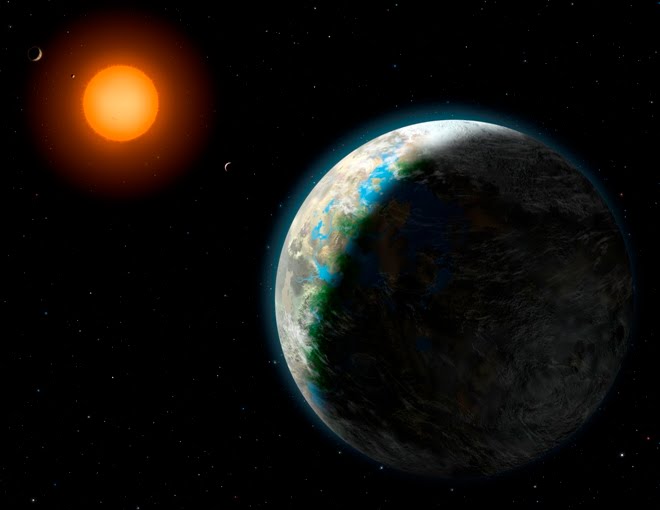Research by Cardiff and Nottingham Universities, "seeing is believing"
A new study has found that direct experience of extreme weather events increases concern about climate change and willingness to engage in energy-saving behaviour.
The research by Cardiff and Nottingham Universities found that members of the public are more prepared to take personal action and reduce their energy use when they perceive their local area has a greater vulnerability to flooding.
Although no single flooding event can be attributed to climate change, Britain has experienced a series of major flood events over the past decade, something that is expected to increase in years to come as a result of climate change.
"We know that many people tend to see climate change as distant, affecting other people and places. However, experiences of extreme weather events like flooding have the potential to change the way people view climate change, by making it more real and tangible, and ultimately resulting in greater intentions to act in sustainable ways," said psychologist Alexa Spence, now at The University of Nottingham.
The researchers and Ipsos-MORI surveyed 1,822 members of the British public to test whether personal experience of flooding had affected perceptions about climate change.
They also looked at whether those perceptions would affect respondents' intentions regarding energy use.
The study revealed that people who reported flooding experiences had significantly different perceptions of climate change, compared to those who had not experienced flooding.
These perceptions were, in turn related to a greater preparedness to save energy.
"This important study provides the first solid evidence for something which has been suspected for some time - that people's local experience of climate related events such as flooding will promote higher awareness of the issue. As a result, it suggests new ways for engaging people with this most important and pressing of environmental issues," said Prof Nick Pidgeon, School of Psychology, Cardiff University, who led the research team.
The new study is published in the first edition of the journal Nature Climate Change this week. (ANI)
Astronomy blog with news on Gliese 581g, Exoplanets, 2012 Transit of Venus, Zarmina's World, exoplanetary exploration, Extreme Supermoons, Kepler telescope, 2012 astronomy, Maya prophecies, links to astronomy websites, 2012 Transit of Venus, 21st century architecture, astronomers, solar energy, astronomical news.
Is There LIFE on Planet GJ581g?
GJ 581 g is an Earth-like planet recently discovered orbiting Gliese 581, a red dwarf star categorized as M Dwarf. This new discovery is perceived by scientists as as a Goldilocks type sphere - not too hot, not too cold. Nicknamed Zarminas World (after his wife Zarmina) by project leader Steven S Vogt, GJ581g will fascinate and enthrall Earthlings for generations to come.
GJ581G Orbiting Gliese 581

Earth Has A Twin
Solar Powered System

Astronomy News Info Photos Telescopes
Chitika Network Links
Astronomy For Everyone
Green Mutual Fund Investing Info
Popular Posts
-
BEIJING -- China plans to launch space labs and manned ships and prepare to build space stations over the next five years, according to a pl...
-
Meteor shower to be obscured by daylight, full moon CAPE CANAVERAL, Fla. -- Heads-up, meteor fans. As many as 750 meteors an hour are expect...
-
Did Mayans feel 13th pair of Venus Transits would be catastrophic? The next Transit of Venus will occur on June 5–June 6 in 2012, succeeding...
-
To me it seems likely that the Transit of Venus in 2012 is the most obvious reason the Mayan priests would define 2012 as the end of one er...
-
Bigger than Earth, smaller than Uranus Scientists have discovered a new type of alien planet — a steamy waterworld that is larger than Earth...
astronomycentral.co.uk
Best Green Stocks Investing Blog
NASA Watch
Subscribe to:
Post Comments (Atom)
GJ581g Zarminas World Info and Links
Search Green Stocks Investing Network

Custom Search



No comments:
Post a Comment